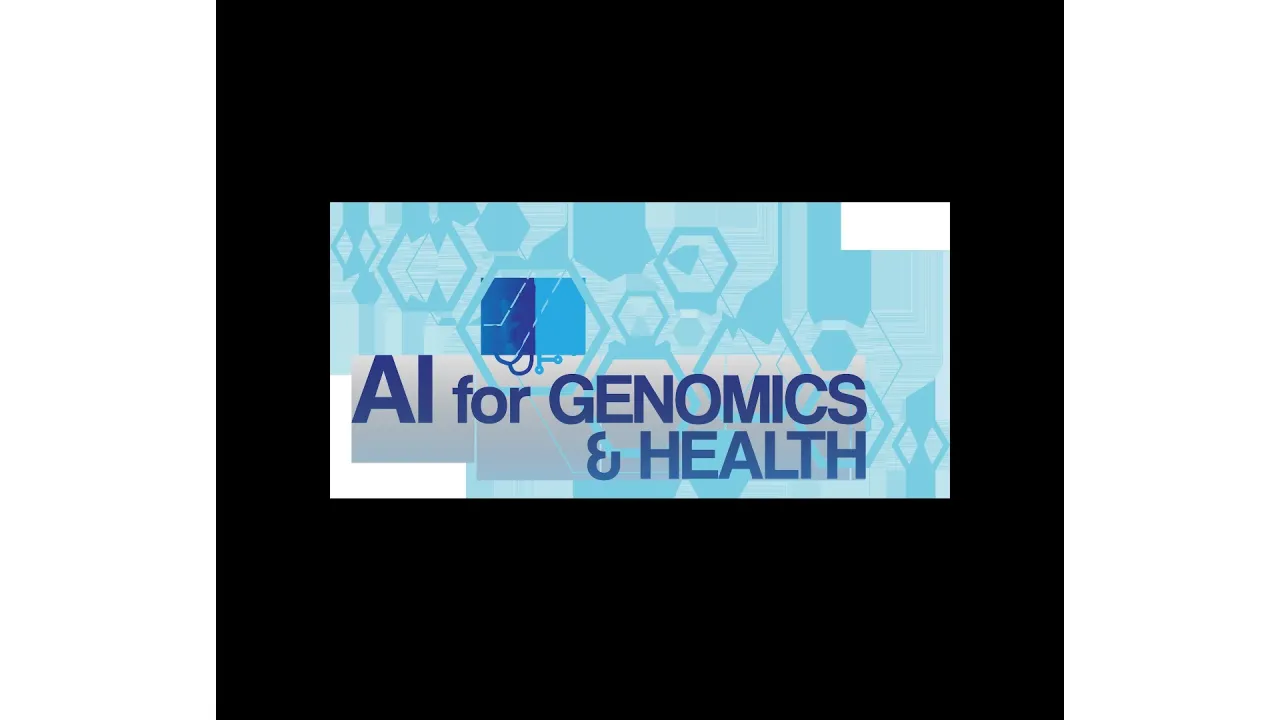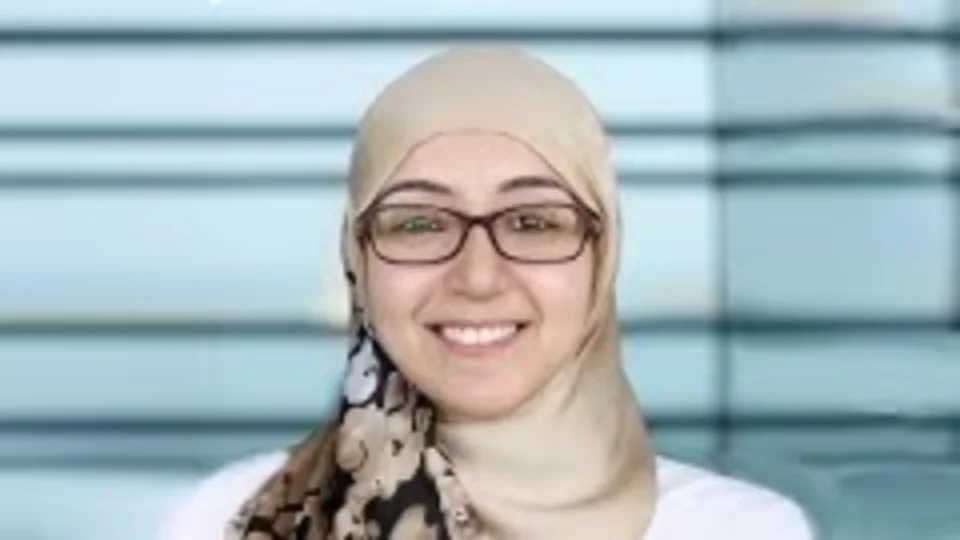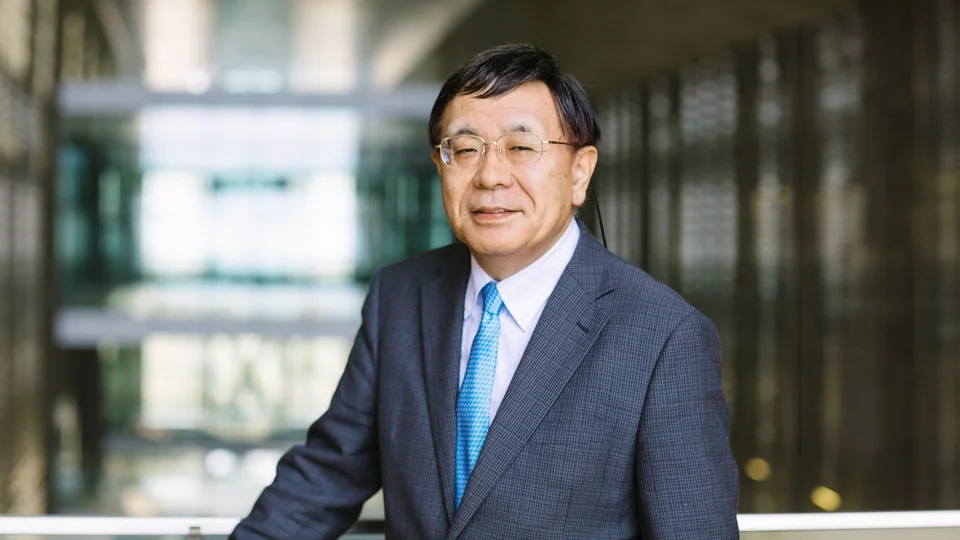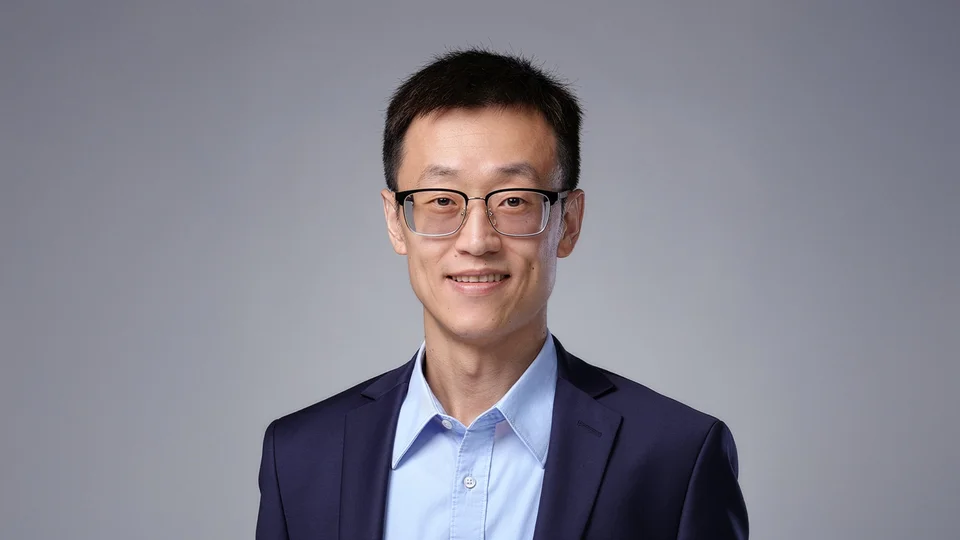
AI4GH - Computational Modeling of Malaria Metabolism Reveals Different Stages and Species Nutrient Preferences and Drug Targets
Malaria kills nearly one-half million people a year and over 1 billion people are at risk of becoming infected by the parasite. Plasmodial infections are difficult to treat for a myriad of reasons, but the ability of the organism to remain latent in hosts and the complex life cycles greatly contributed to the difficulty in treat malaria.
Overview
Abstract
Malaria kills nearly one-half million people a year and over 1 billion people are at risk of becoming infected by the parasite. Plasmodial infections are difficult to treat for a myriad of reasons, but the ability of the organism to remain latent in hosts and the complex life cycles greatly contributed to the difficulty in treat malaria. Genome-scale metabolic models (GeMMs) enable hierarchical integration of disparate data types into a framework amenable to computational simulations enabling deeper mechanistic insights from high-throughput data measurements. In this study, GeMMs of multiple Plasmodium species is used to study metabolic similarities and differences across the Plasmodium genus. In silico gene-knockout simulations across species and stages uncovered functional metabolic differences between human- and rodent-infecting species as well as across the parasite’s life-cycle stages. These findings may help identify drug regimens that are more effective in targeting human-infecting species across multiple stages of the organism.
Brief Biography
Alyaa Mohamed is a Ph.D. candidate at the Comparative Genomics Group (CGG) and the Structural and Functional Bioinformatics Group (SFB) at the CBRC. She holds a B.Sc. in pharmacy and a M.Sc in pharmacology. Her research interest is in the area of systems biology of infectious agents. During her Ph.D., she used metabolic modeling to integrate different levels of high throughput data to identify new drug targets in different human pathogens.
More Information:
*Light lunch will be provided


